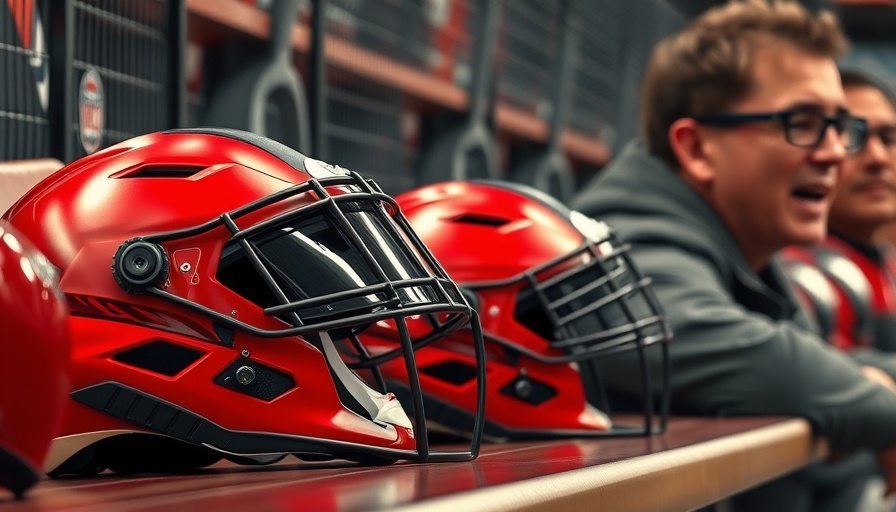
Understanding the Ongoing Debate Over Transgender Athletes in Women's Sports
The recent lawsuit against Minnesota's Attorney General highlights the growing controversy surrounding transgender athletes participating in women's sports. As the sports community continues to evolve, many are questioning the fairness of allowing biological males to compete against female athletes, raising important issues about competitive balance and inclusivity.
The Rise of Transgender Athletes in Competitive Sports
In recent years, the participation of transgender athletes in competitive sports has become a point of contention across the nation. At the heart of the matter is the principle of equality versus fairness. Many argue that biological differences impact athletic performance, especially in sports where physical strength and size provide significant advantages. For instance, controversies have erupted in sports like track and field, swimming, and now softball, where it appears that some transgender women may dominate traditional female categories, leading to a perceived imbalance.
Why This Lawsuit Matters to Female Athletes
The lawsuit brought forth by Female Athletes United and other concerned softball players is significant not only for Minnesota but also for the larger discourse on gender and sports. These athletes are advocating for policies that protect their opportunities to compete fairly. Many fear that allowing transgender women to compete in women's sports could undermine the years of hard work and dedication that female athletes pour into their disciplines.
Public Reaction and the Broader Cultural Implications
This lawsuit has sparked widespread reactions from both sides of the aisle. Supporters of inclusion for transgender athletes argue that it's essential to provide equal opportunities for all, regardless of gender identity. Conversely, critics argue that this inclusion often comes at the expense of biological female athletes. It's a debate that transcends sports, touching on issues of gender identity, rights, and the intersection of societal values.
The Role of Agencies and Policy Makers
Policy makers and sporting agencies face a challenging balancing act. Some organizations are pushing for regulations that ensure fair competition while ensuring that transgender athletes are not discriminated against. A one-size-fits-all approach may not be adequate, and sports bodies may need to adopt tailored policies that take various factors into account, including hormone levels and physiological attributes. This nuanced approach could pave the way for more constructive solutions that satisfy both sides of the debate.
Future Trends: Navigating a Complex Landscape
The situation in Minnesota is likely to set precedents for similar cases in other states. As more lawsuits arise and public opinion continues to evolve, it is crucial for conversations surrounding athletics and gender identity to be handled thoughtfully. The sports community must engage in ongoing dialogue to develop productive policies that protect individual rights while promoting fairness in competition.
What Athletes and Spectators Can Learn
For athletes, understanding the intricate dance between fair play and inclusivity is essential. Spectators too, have a role to play in fostering respectful dialogues about athletes' rights and the spirit of competition. This emerging discourse invites everyone to consider perspectives they may not have fully appreciated before. Ultimately, sharing ideas, experiences, and solutions will help communities reach consensus.
The ramifications of this lawsuit and others like it signal a pivotal moment in sports history. As the debate continues to unfold, all stakeholders—athletes, organizations, and sports enthusiasts—must engage constructively for the benefit of the future of athletics.
To stay informed and involved in this ongoing conversation, it’s essential to actively participate in community discussions and read up on emerging developments related to transgender rights in sports. Your voice matters.
 Add Element
Add Element  Add Row
Add Row 



 Add Row
Add Row  Add
Add 


Write A Comment